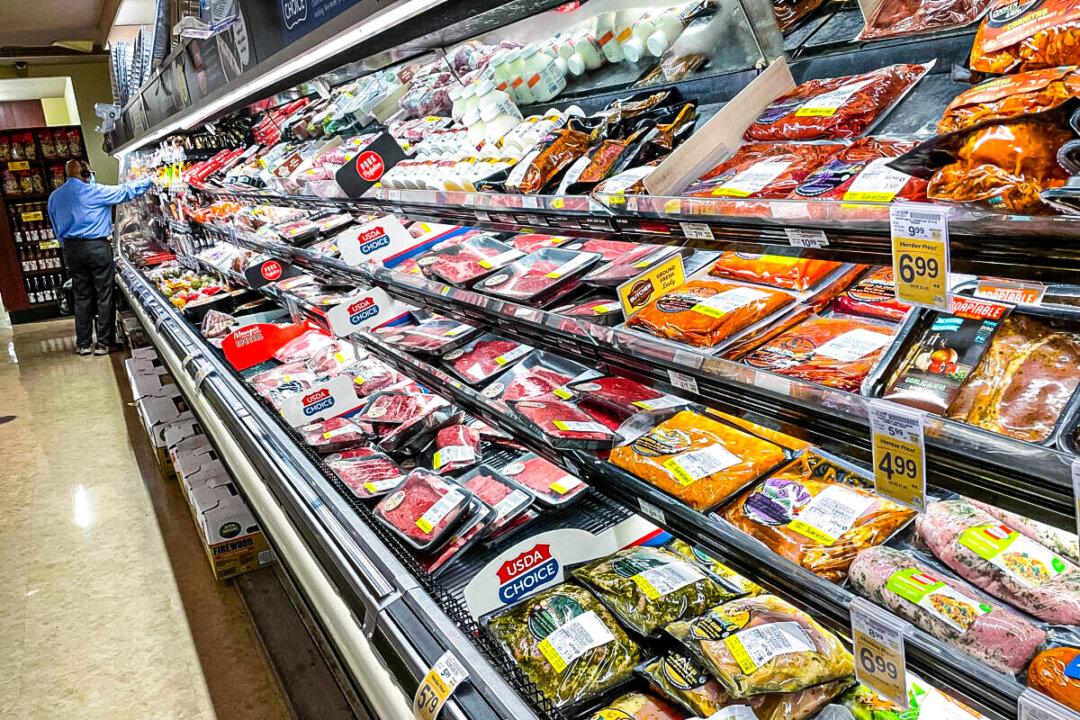As food prices continue to edge higher, the Federal Trade Commission (FTC) and the Department of Justice (DOJ) plan to collaborate moving forward to combat anti-competitive conduct and mergers throughout the U.S. food supply chain.
According to FTC Commissioner Rachel Slaughter, the two federal departments will tackle the food inflation issue in cooperation with other federal agencies and state entities.





